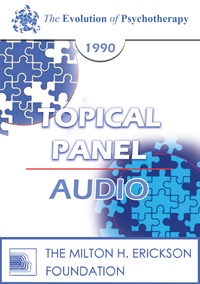EP90 Panel 11 - Transference / Countertransference - Alexander Lowen, MD; James Masterson, MD; Rollo May, PhD; Erving Polster, PhD
- Average Rating:
- Not yet rated
- Topic Areas:
- Topical Panels | Transference / Countertransference | Therapist Development
- Categories:
- Evolution of Psychotherapy | Evolution of Psychotherapy 1990
- Faculty:
- Alexander Lowen, MD | James F. Masterson, MD | Rollo May, PhD | Erving Polster, PhD
- Duration:
- 1 Hour
- Format:
- Audio Only
- Original Program Date:
- Dec 15, 1990
- License:
- Never Expires.
Description
Description:
Educational Objectives:
- To compare and contrast clinical and philosophical perspectives of experts.
*Sessions may be edited for content and to preserve confidentiality*
Credits
Faculty
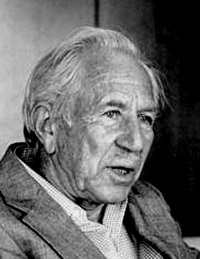
Alexander Lowen, MD Related Seminars and Products
Alexander Lowen, MD, was an American physician and psychotherapist. A student of Wilhelm Reich in the 1940s and early 1950s in New York, he developed bioenergetic analysis, a form of mind-body psychotherapy, with his then-colleague, John Pierrakos. Lowen was the founder and former executive director of the International Institute for Bioenergetic Analysis in New York City.
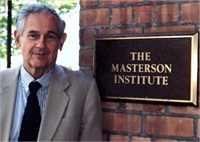
James F. Masterson, MD Related Seminars and Products
James F. Masterson (M.D., Jefferson Medical School, 1951) was Director of the Masterson Group, P.C., which specializes in the treatment of adolescent and adult character disorders. Additionally, he was Director of the Masterson Institute (formerly Character Disorder Foundation); attending psychiatrist at New York Hospital, Payne Whitney Clinic; and Adjunct Clinical Professor of Psychiatry at Cornell University Medical College. Masterson has authored seven books and edited two volumes, mostly on the topic of psychoanalytic approaches to character disoreders and adolescents. His seminal work on the borderline personality has made him one of the most influential and studied practitioners of modern psychoanalytic methods.
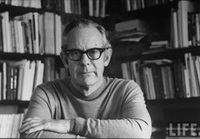
Rollo May, PhD Related Seminars and Products
Rollo R May, PhD In 1949, Rollo May received the first Ph/D in Clinical Psychology from Columbia University. In 1938, he was awarded a Master's of Divinity from Union Theological Seminary. Currently, he is in private practice in Tiburon, California. The author or co-authoer of 14 books, he is the recipient of many awards and honors for distingushed contributions and humanitarian work. He is one of the main proponents of humanistic approaches to psychotherapy and is the principal American interpreter of European existential thinking as it can be applied to psychotherapy.
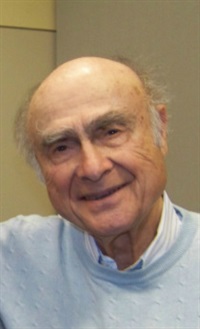
Erving Polster, PhD Related Seminars and Products
Erving Polster, Ph.D in clinical psychology, is the Director of The Gestalt Institute of San Diego, and the author of several important books, including Gestalt Therapy Integrated, Every Person's Life is Worth a Novel, and From the Radical Center: The Heart of Gestalt Therapy, as well as dozens of articles and chapters. Erving has authored 6 books. In his current writings, he offers perspectives and designs for a communal application of psychotherapy principles. He also describes and celebrates a powerful contemporary momentum for people-at-large to join together in the search for personal and social enlightenment.


